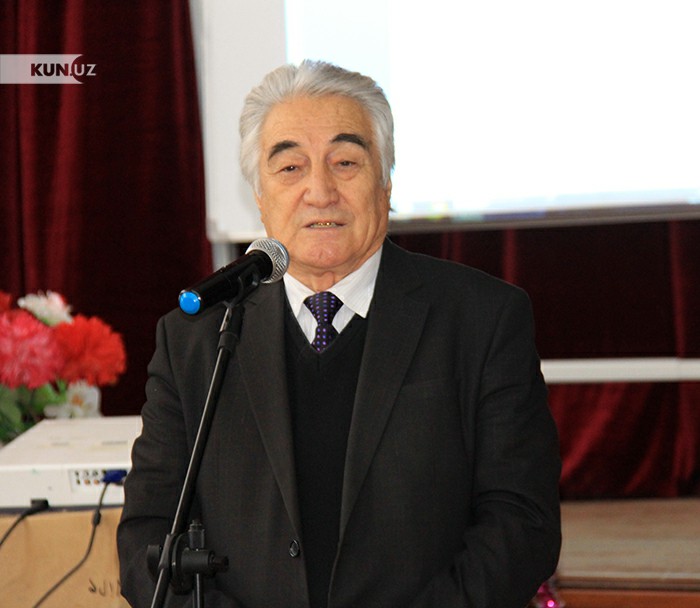The compatibility of historical process, source, interpretation and practice

The Department of History and Source Studies of the Peoples of Central Asia of Tashkent State University of Oriental Studies has been holding the annual Republican Conference on Theoretical and Practical Problems of Historical Source Studies, Historiography, Methods and Methodology of Historical Research since 2009. Over the years, the conference has become a prestigious platform for historians, young historians, graduate students, doctoral students, masters and students. Yesterday, the 12th round of the conference was held in remote online format in case of emergency quarantine due to the COVID-19 pandemic. Despite the complexity of the situation, the conference was attended by more than a hundred speakers, from academics and professors to historians. This is a testament to the continuity of generations in the study of our history, and to the fact that science will have its own researchers tomorrow.
It is gratifying that this conference was a worthy response to the Resolution of President Shavkat Mirziyoyev No. 2995-PQ, issued on April 16 this year to grant the status of a university to the Tashkent State Institute of Oriental Studies. In particular, the conference is aimed at the proper implementation of such important tasks as “Scientific study of the languages, history, culture, material and spiritual heritage of the countries of the East – anthropology, ethnology, literature, philosophy, ancient monuments and manuscripts.” was the first step. In essence, this Resolution is a gradual continuation of the state’s care for the preservation, study and dissemination of national history, rich material and spiritual heritage of our ancestors, hundreds of thousands of monuments in our manuscripts.
The conference program included lectures on about fifty historical sources, more than twenty historians, about a dozen topical issues of ethnology, historical research and teaching methods and methodology. It is especially gratifying to note that the number and weight of lectures in the field of source studies and historiography are leading. After all, it is impossible to imagine history without a source. In addition, the issue of training highly qualified personnel in the field of historical sources is an urgent need today. It is important and relevant for the field of historiography to have a say in this matter and to develop a more thorough methodological and objective basis for the study and teaching of history.
Professor Mirsodiq Is’hokov